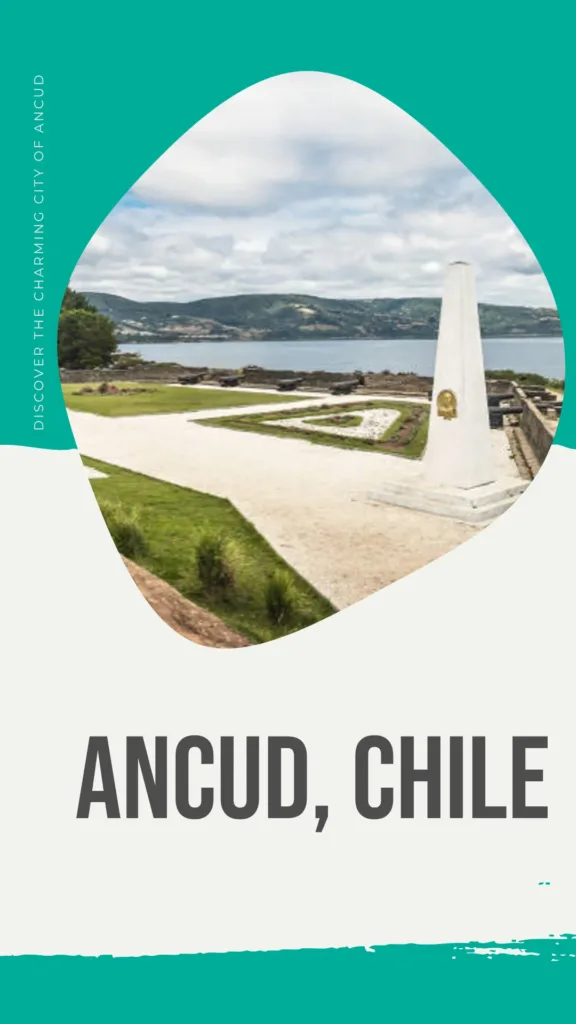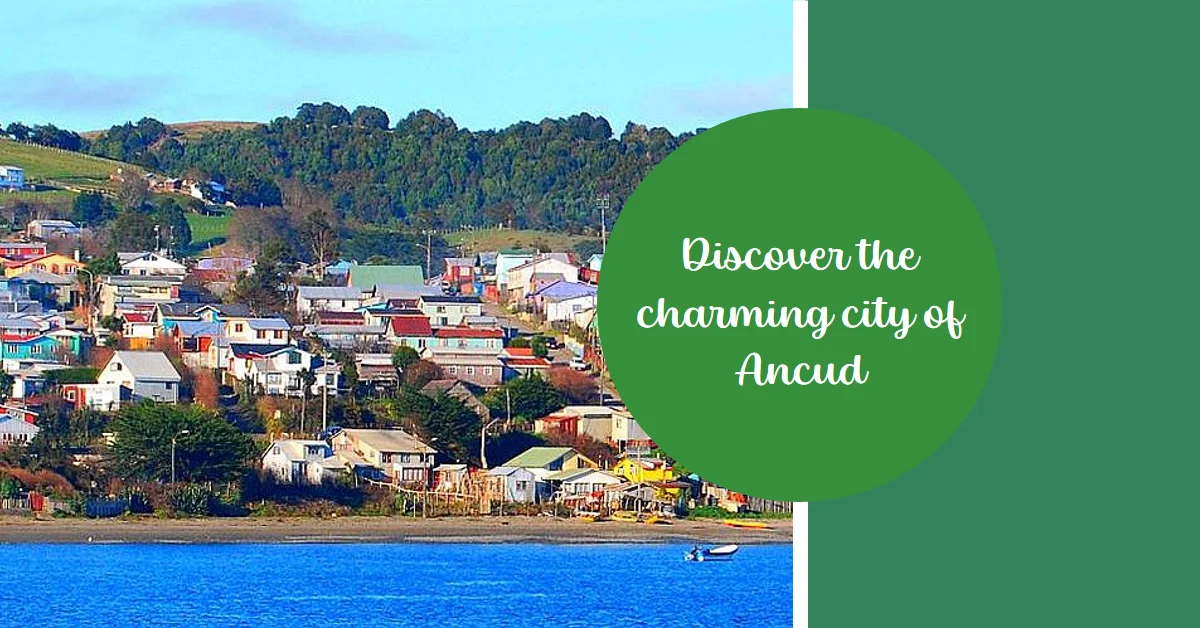Ancud is a city in southern Chile, situated in the northernmost region of the island and province of Chiloé, within the Los Lagos Region. The city played a significant role in the 19th-century Chilean colonization of Patagonia.
Ancud is the second-largest city in the Chiloé Archipelago, following Castro.
Ancud functions as a vital port and commercial hub for its surrounding area, known for producing potatoes, wheat, livestock, and timber. Timber stands out as the primary export from this locale. The town maintains transportation connections via road and ferry to Puerto Montt and by road to Castro, the provincial capital, and the oldest settlement on Chiloé Island.
Brief History of Ancud
Before being established as a Spanish settlement, the area was referred to as Puerto Inglés, which translates to English Port. Hendrik Brouwer, the leader of the Dutch expedition to Valdivia, passed away in Ancud on August 7, 1643, before reaching Valdivia.
Ancud was established in 1768 under the name San Carlos de Chiloé and later renamed Ancud in 1834, the town played a significant role as one of the final bastions of royalist forces during Chile’s quest for independence from Spain in the early 19th century.
Serving as the provincial capital of Chiloé provincia from 1834 until 1982, Ancud holds historical importance in the context of Chilean history.
Ancud Facts and Figures
| Name | Ancud |
| Founded As | San Carlos de Chiloé |
| Founded date | 20th of August, 1768 |
| Total Area | 1,252.4 km2 |
| Estimated Population | 40,819 |
| Official Website | https://www.muniancud.cl/ |


